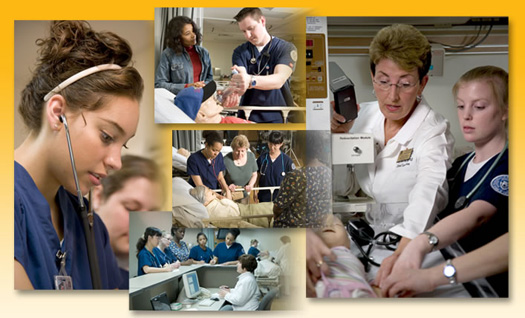A nursing education has its own procedure. You can’t just finish a certain course and be eligible for a nursing job. There are steps that you need to do for you to become a legitimate nurse.
First, you need to complete an accredited nursing program. This can be accomplished through nursing diplomas, associate programs for nursing and even a bachelor’s degree. This is your initial step before proceeding to a higher level of nursing education. After which, you need to pass the National Council of State Boards of Nursing (NCLEX-RN). The purpose of this exam is to assess how much you have learned after taking associate courses in nursing. This exam is crucial since it will pave the way for your nursing license.
And speaking of license, nurses should have proper licenses for them to function as legitimate nurses. It goes without saying that those who don’t have licenses of their own are not allowed even to diagnose a patient, let alone take care of them.
After completing these initial three steps, it is advisable that any nurse should get employment. This is the fleshing-out part of having a nursing degree. Unless you do this employment thing, your calling as a nurse is not so much complete. When you are employed, you have the opportunity to widen your options as well as developing certain skills like decision-making. Get training, if need be. This will further enhance your capability as a nurse and will increase your chances of getting promoted if you so desire to become a preceptor or a medical specialist in the future.
These are the steps to becoming a competent nurse. These may vary depending on the need of the hospital. But with these steps, your chances of becoming nurse are as sure as a waiting patient just outside your door.

